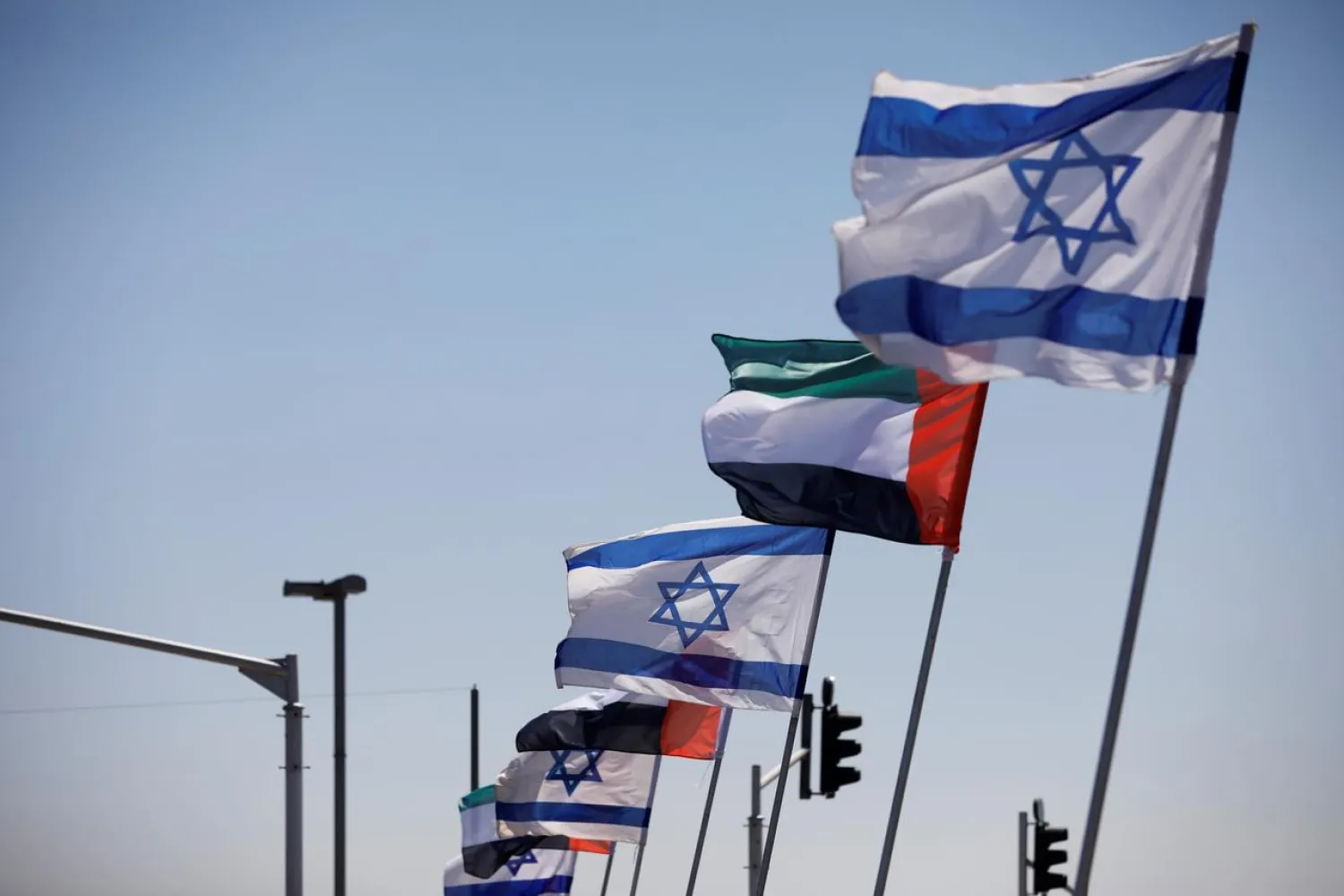Israel and the United Arab Emirates will sign a US-brokered agreement normalizing their relations in Washington on September 15, a senior White House official said Tuesday.
President Donald Trump will host a historic signing ceremony at the White House, he announced.
Meanwhile, Palestinian Presidential spokesman Nabil Abu Rudeineh said Tuesday that President Mahmoud Abbas will not accept insulting the national symbols of any of the Arab countries, including the UAE.
Abu Rudeineh said Abbas stressed the importance of maintaining good brotherly relations with all Arab countries on the basis of mutual respect, adding Arab countries must adhere to the Arab Peace Initiative of 2002.
The presidential statement came after the secretary general of the Gulf Cooperation Council (GCC), Nayef Al-Hajraf, condemned Monday “the irresponsible language of incitement and threat” used against GCC countries in a meeting for Palestinian factions.
The GCC chief deplored what he called “fallacies and skepticism” on the historic stance of GCC states in support of Palestinians.
Al-Hajraf called upon Palestinian leaders, as well as the participants in the meeting headed by Abbas, to apologize for these transgressions and provocative and false statements that are inconsistent with the reality and the history of relations between the GCC counties and Palestinians.
Also on Tuesday, Palestinian Prime Minister Mohammad Shtayyeh affirmed that the Arab Peace Initiative is the reference set by Arabs to solve the Arab-Israeli conflict.
During a phone call with Fahd bin Mahmoud al-Said, Oman’s Deputy Prime Minister for Cabinet Affairs, Shtayyeh called on Muscat to play a role in a constructive Arab dialogue in order to restore Arab unity regarding various issues, particularly the Palestinian cause, and to develop a clear and joint Arab strategy to address these issues.
The Arab League is expected to hold a meeting in Cairo on Wednesday during which the accord between Israel and the UAE will be debated.









